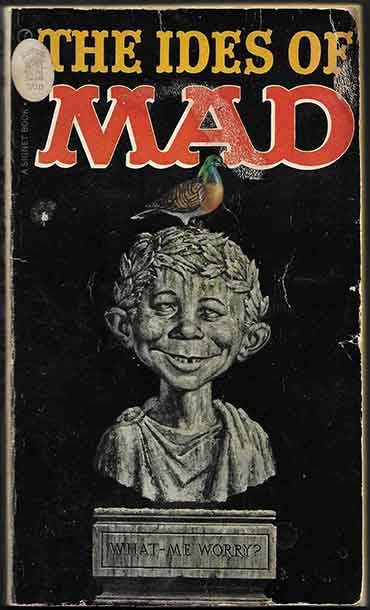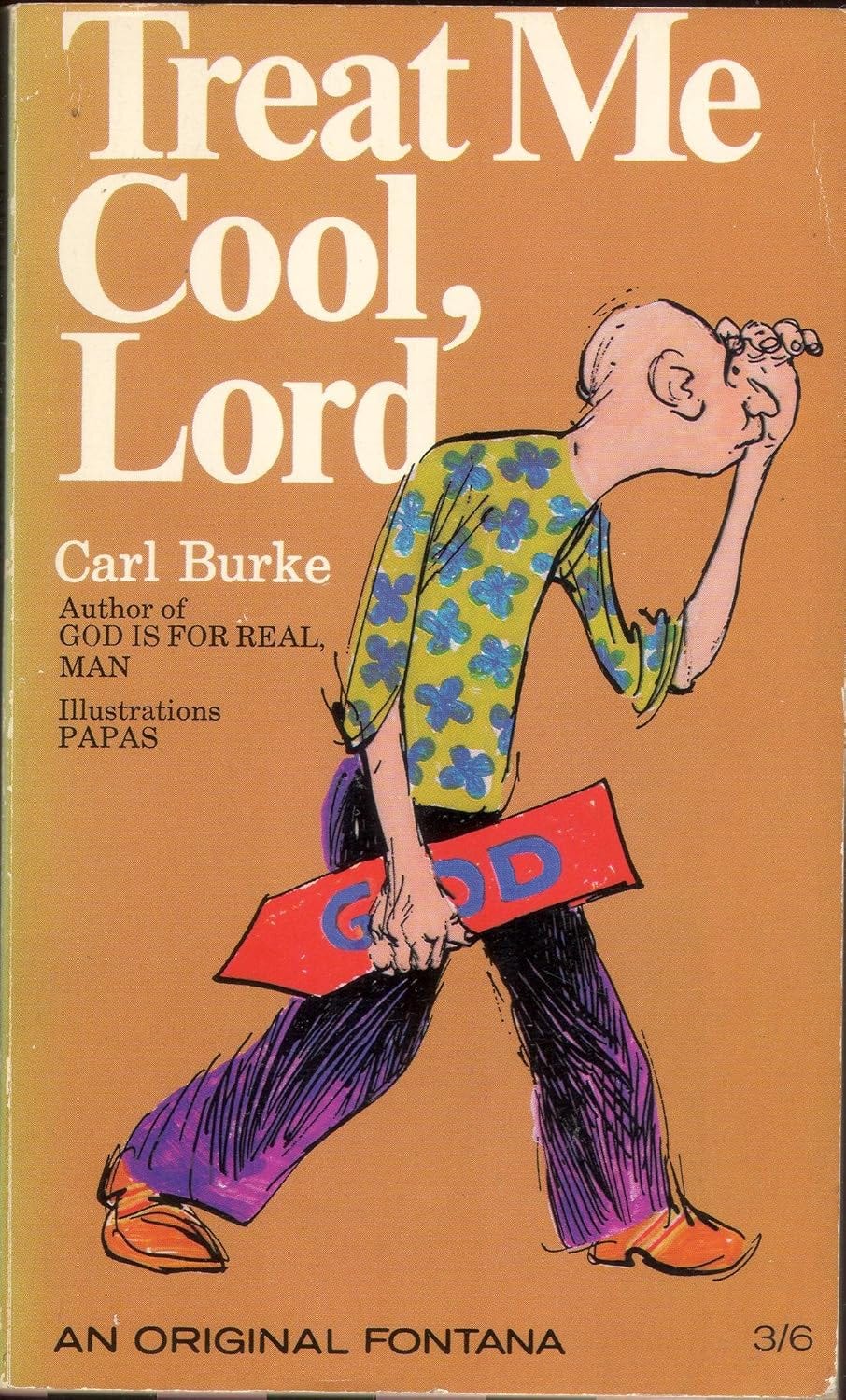Experiments in style: blasts from the past --*UPDATE*: Comments are now enabled for all!
Not quite the same, but worthy of mention
Greetings!
Regular readers will know that I’ve been rewriting a very simple story in a variety of styles. You can find the full index here.
In this post I take a look at several “rewrites” by other writers — or perhaps “reimaginings” might be a better term. But enough of this persiflage! Let’s crack on.
Shakespeare modernised — by MAD magazine
I first came across the concept of reimagining in a MAD book. It may have been the one shown here, I can’t remember. The famous speeches of Romeo and Juliet, and Julius Caesar, were rewritten to make them more accessible to a modern audience. Bear in mind this was in the 1960s. Thus we were presented with something like these:
Romeo, Romeo, where did you get that Romeo tag?
Put down your old man and lose that label.
What’s in a name? A horn by any other sound would blow as cool.
etc.
Over in Rome, Mark Anthony’s speech opens thus:
Friends, Romans, hipsters,
Let me clue you in.
The interesting thing for me is that to appreciate the joke, the reader had to know or at least be familiar with the original text, and the writers at, and publisher of, MAD magazine, assumed that knowledge. In other words, the humour wasn’t aimed at children. I mention that only because in Britain these days TV adverts seem to be aimed at four year-olds. Mind you, the humour in the comic The Beano is often quite subtle and appeals to adults, which is great. I happen to think it’s patronising to dumb things down for children (or adults for that matter) by simply being stupid.
The Bible
This has proven to be a rich source of rewritings. In the 1960s and 1970s a pastor called Carl Burke worked with prisoners. He got them to look at the Bible and to rewrite passages in a way that made sense to them. Their work was collated into books with titles like Treat Me Cool, Lord.
I remember a couple of the entries:
The 23rd psalm, The Lord is my Shepherd, became
The Lord is like my probation officer.
My favourite was a reworking of this proverb:
"Who has woe? Who has sorrow? Who has strife? Who has complaints? Who has needless bruises? Who has bloodshot eyes? Those who linger over wine, who go to sample bowls of mixed wine. Do not gaze at wine when it is red, when it sparkles in the cup, when it goes down smoothly! In the end it bites like a snake and poisons like a viper." (Proverbs 23:29-32)
That became something along the lines of:
Yikes, do I have a headache! Oh boy, is the old lady gonna be mad at me. I hung out in the gin mill too long.
I don’t know about you, but I like that a lot better than the original! It has more punch, and is more descriptive of the ill-effects of alcohol!
That was in America. In Liverpool, in Britain, J B Jaques was busy rewriting selected stories from The Bible in verse. For example, here are a couple of extracts from the Exodus story.
Let my people go
Trigger warning: a mild expletive occurs twice, and the whole thing is a little sacriligous.
This is from a book called Get Yer Wack.
In biblical days (the good book says)
The pyramids grew very big.
The contractor’s name was Pharoah,
And he was a right auld pig.
[…]
Now Moses was driving a dumper one day
On the site of Pharoah’s new tomb.
“You’d think they’d cremate the bugger”, he said.
“It wouldn’t arf save ‘em some room.”
[…]
What happens next is that a couple of angels sit Moses down on a rock, give him a choc-ice, and show him the film The Ten Commandments.
Well then Moses went to Pharoah
And he caught him on the hop,
He was makin’ plans for a pyramid
Widaa revolving cafe on top.
He tells Pharoah that if he’d seen what happened to Yul Brynner, he’d “let my people go”.
Pharoah tells him to clear off, at which point Moses threatens to unleash a plague: all the Guiness will go flat.
Well, all the Jipshins said, “‘Ey boss,
Let ‘is people go….
Bugger you an’ yer pyramids,
If there’s no bevvy we’ll all go slow…”
I’ve given you several extracts to help you get a flavour of the whole thing, which is quite long. What I like about it is the humour, the Liverpudlian dialect, and the anachronisms. As for the sacrilege, I’ve always had the impression that this was written from a position of love and respect, and with a lot of tongue in cheek.
Finally, one of the essays by Isaac Bashevis Singer, in Old Truths and New Clichés [my review]. In The Ten Commandments and Modern Critics he tries to imagine how different kinds of people would review The Ten Commandments if they were published today.
For example, the critic from a daily newspaper writes:
Mr Moses tells us quite definitely what not to do. But what are we to do? About that Mr Moses remains silent.
Reflections
What these examples suggest to me is that just about any work can be rewritten or reimagined for a different audience. Think of the Manga versions of Shakespeare’s plays, or the translation of them into films.
For instance, Macbeth inspired a gangster film called Joe Macbeth, while The Tempest was rendered into a science fiction film, Forbidden Planet:
I hope you found this article interesting. You may also be interested in:
Hamlet reimagined as the dice man
Some of those links are paywalled, but I am pretty certain that I set them up with a seven day free trial option.
As always, comments are welcome. Thanks for reading.






So much of what I write is doing this kind of writing with the most obvious serial numbers filed off.
Loved the reference to Mad Magazine. We waited SO impatiently for each new issue. The language in this excerpt is hilarious. We all thought we were SO hip... we weren't. Thanks for this, Terry